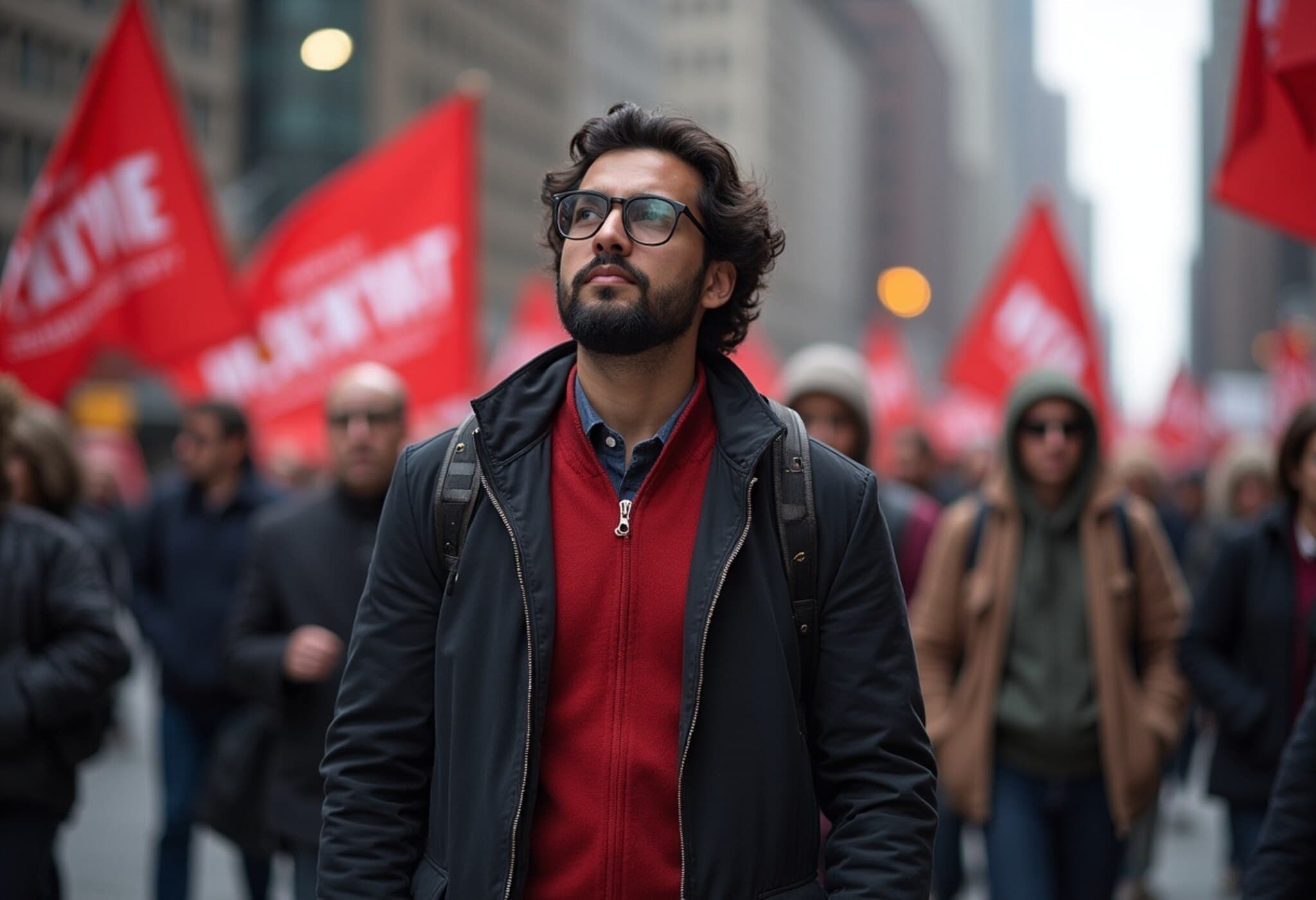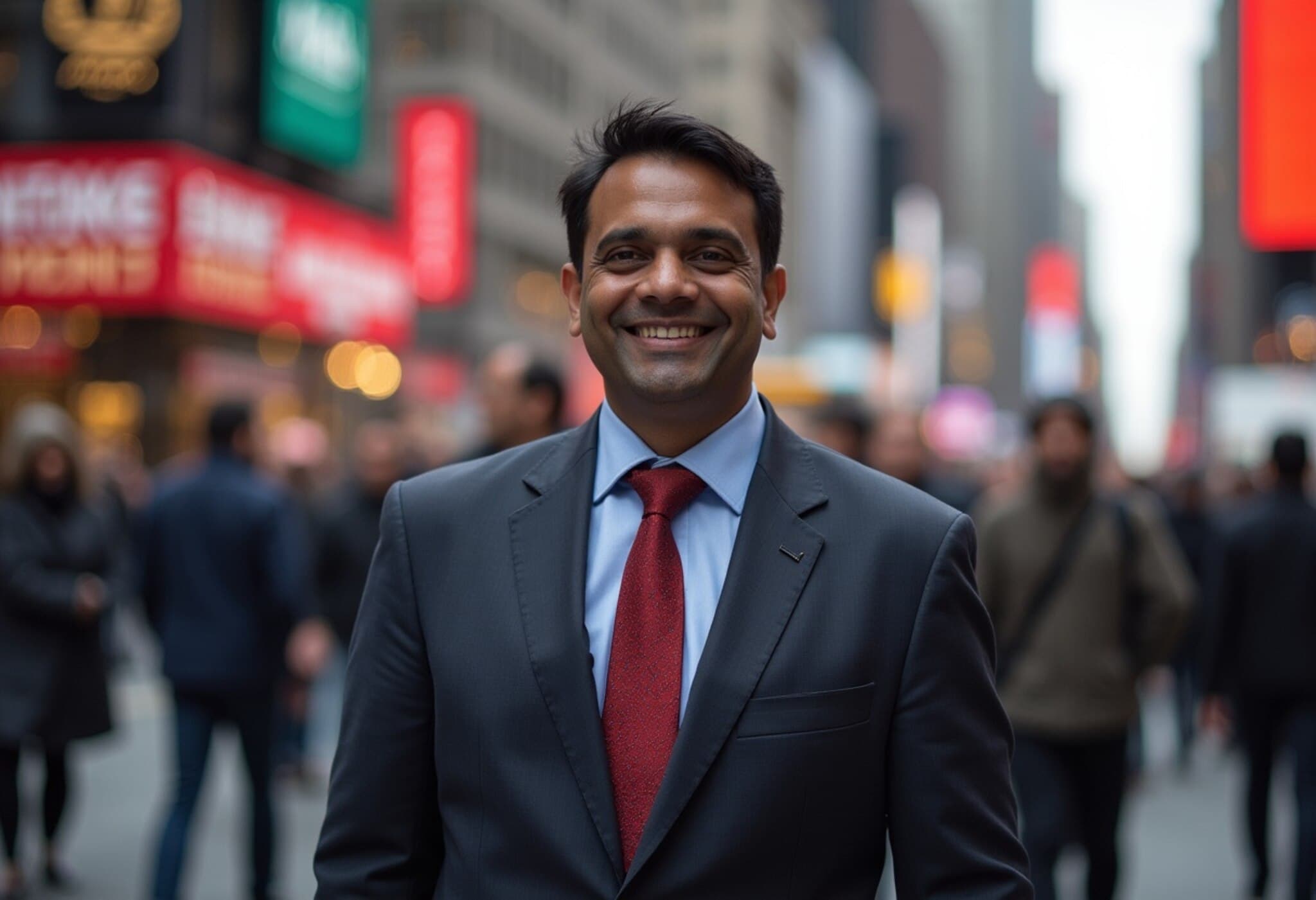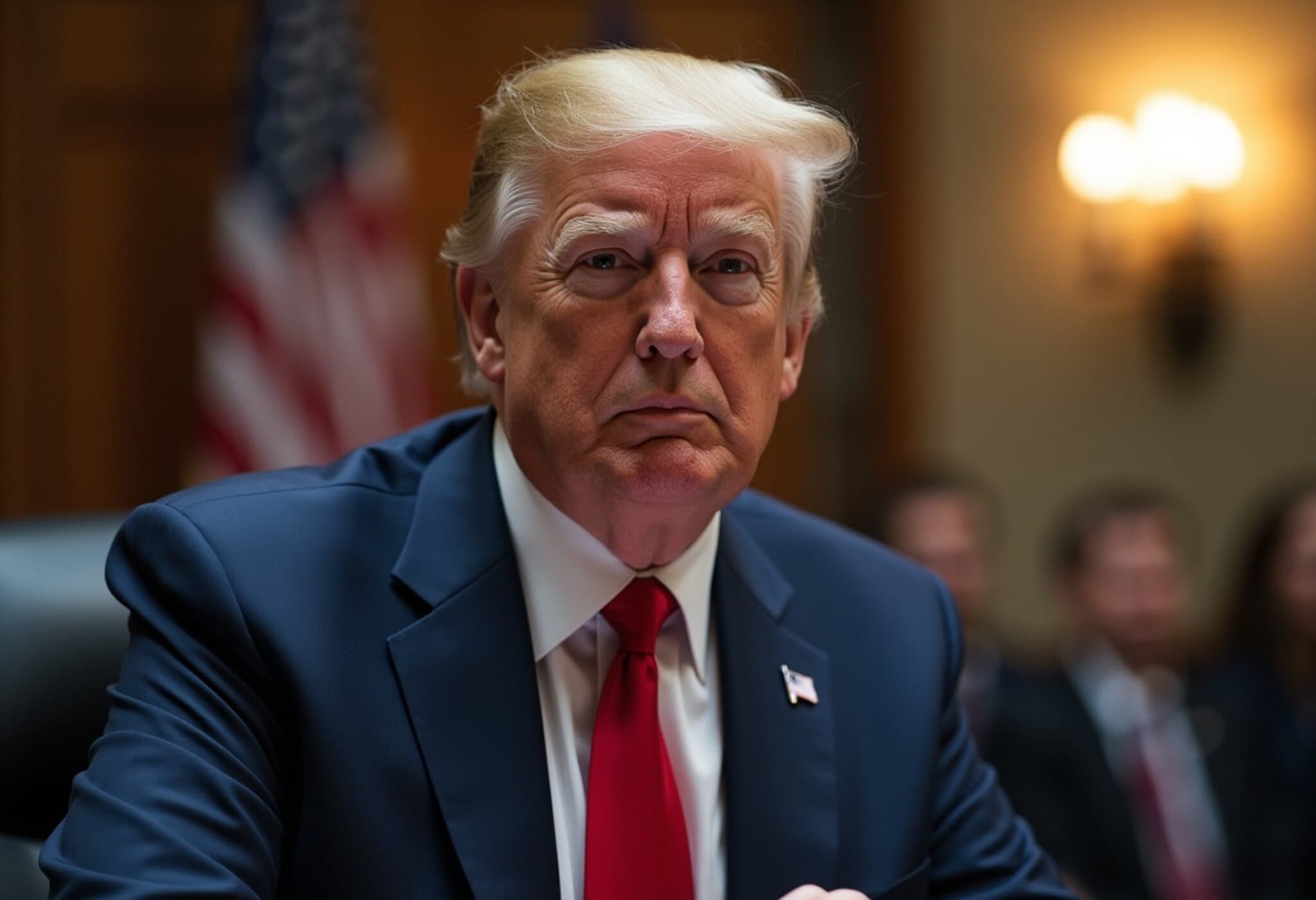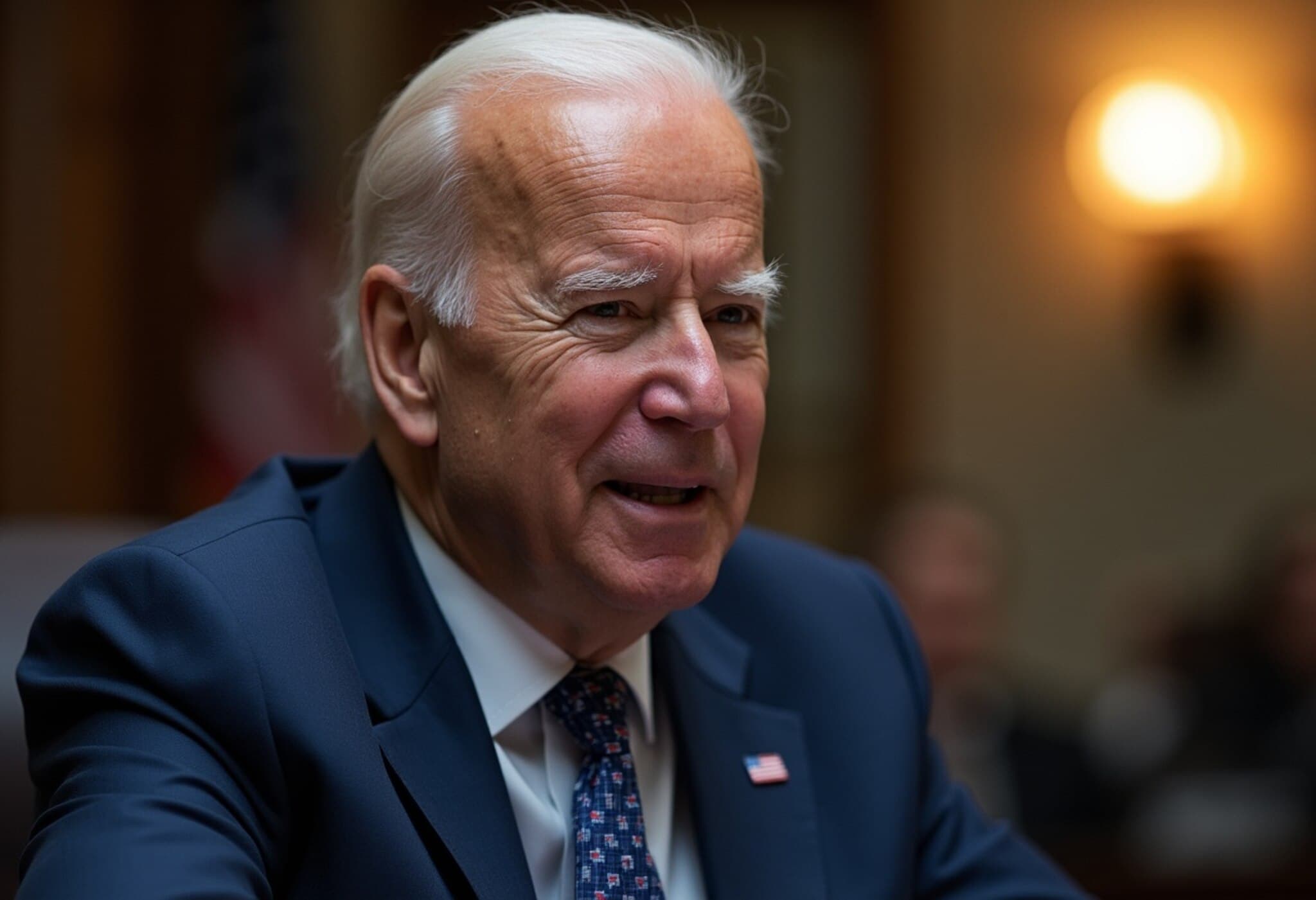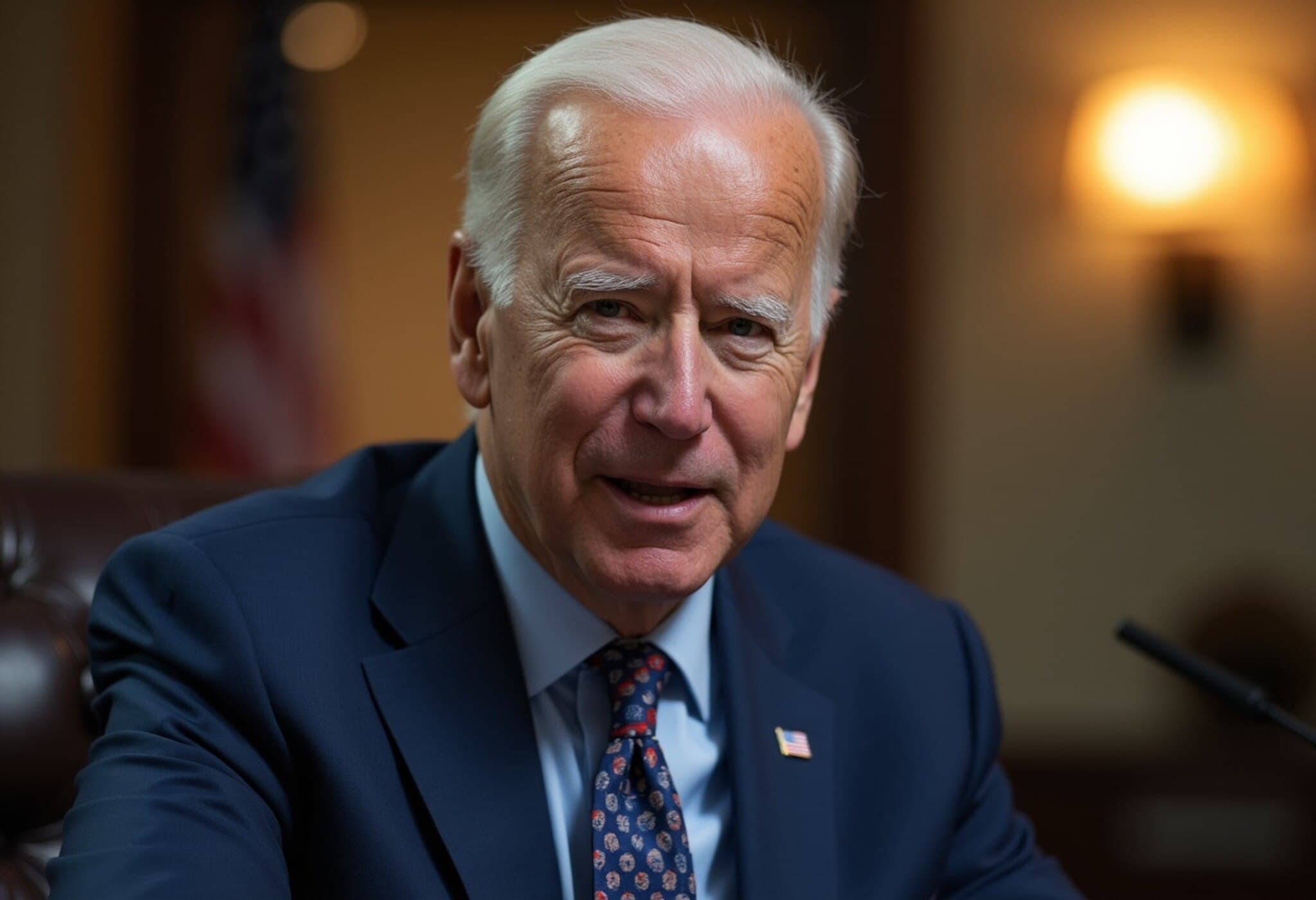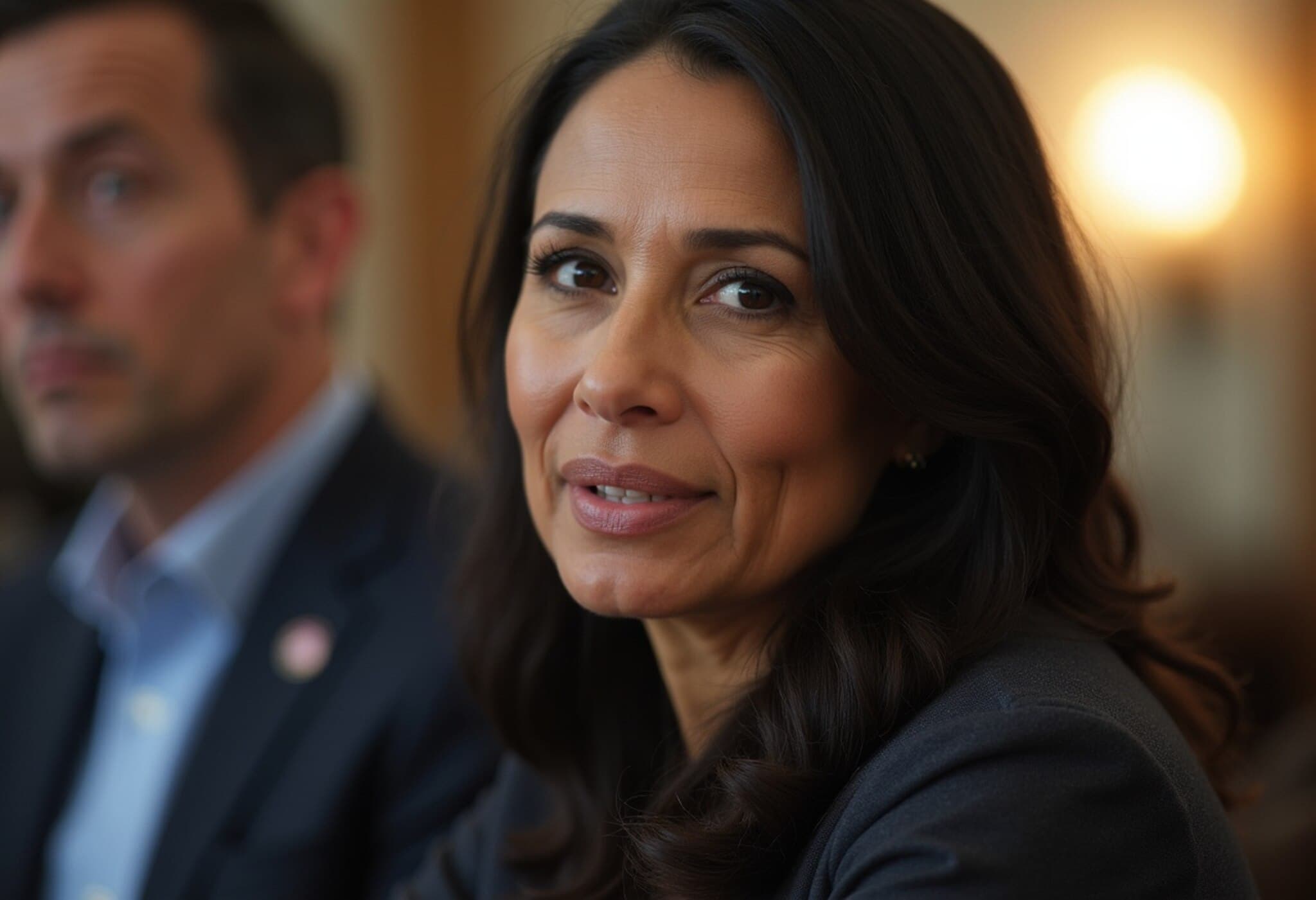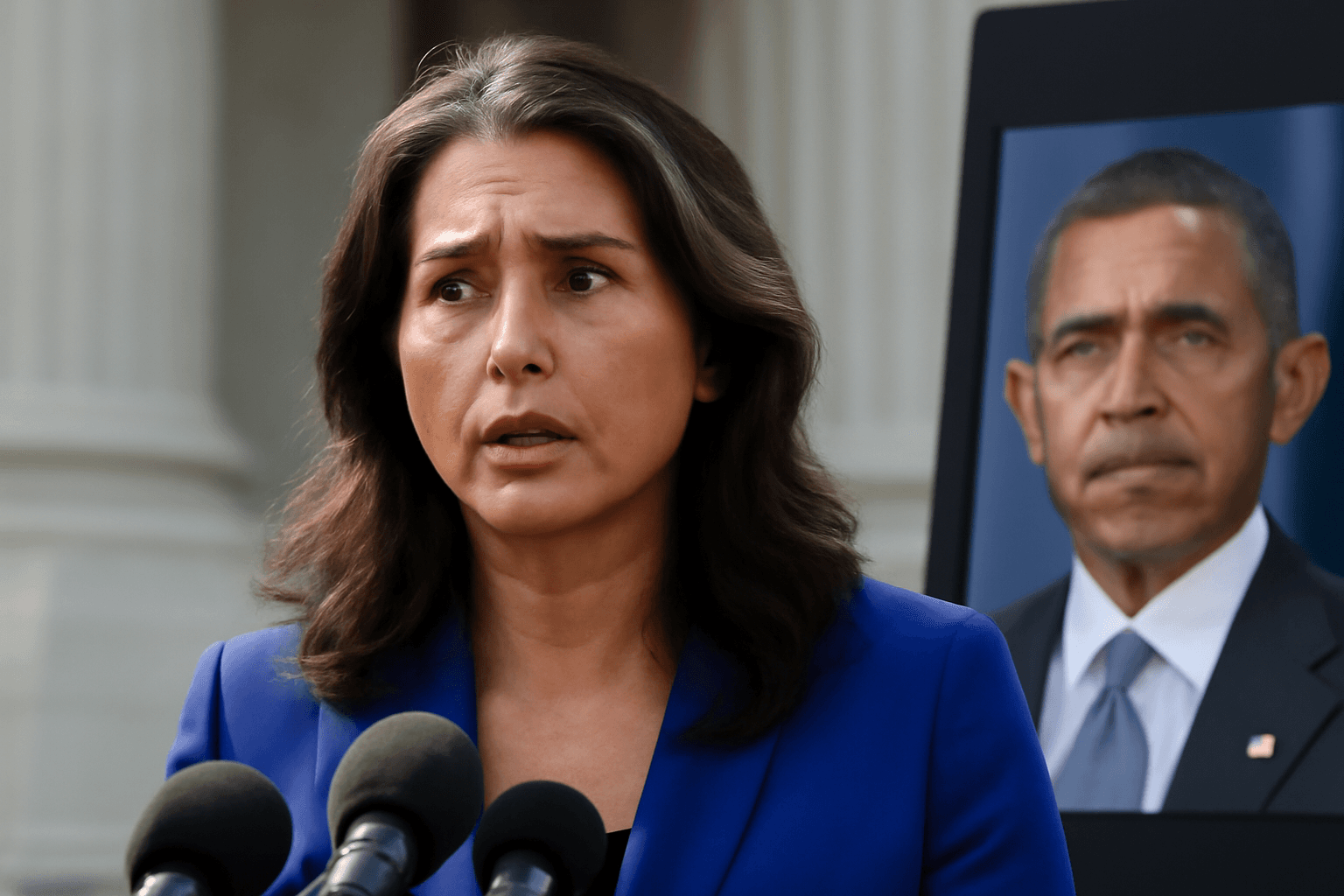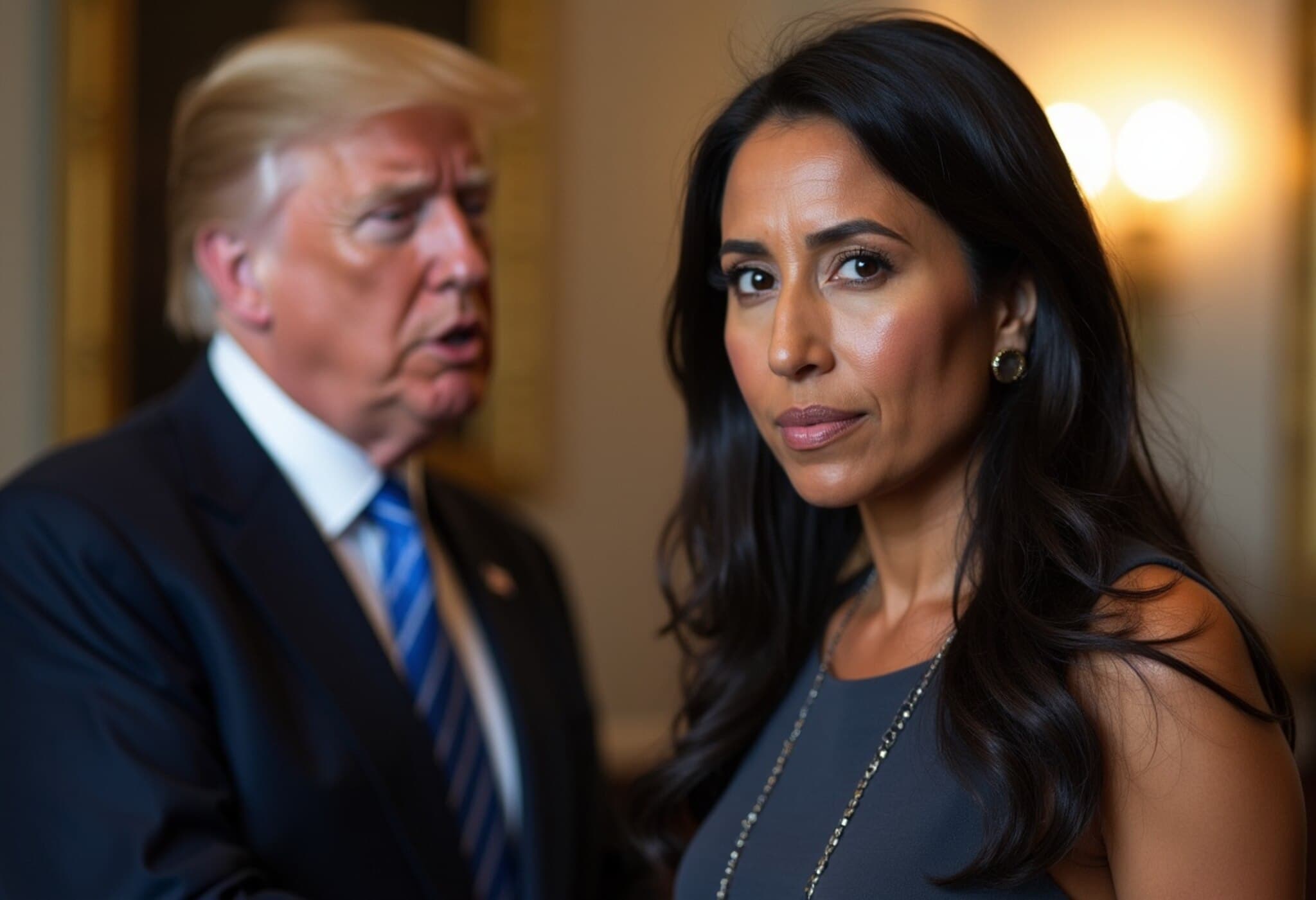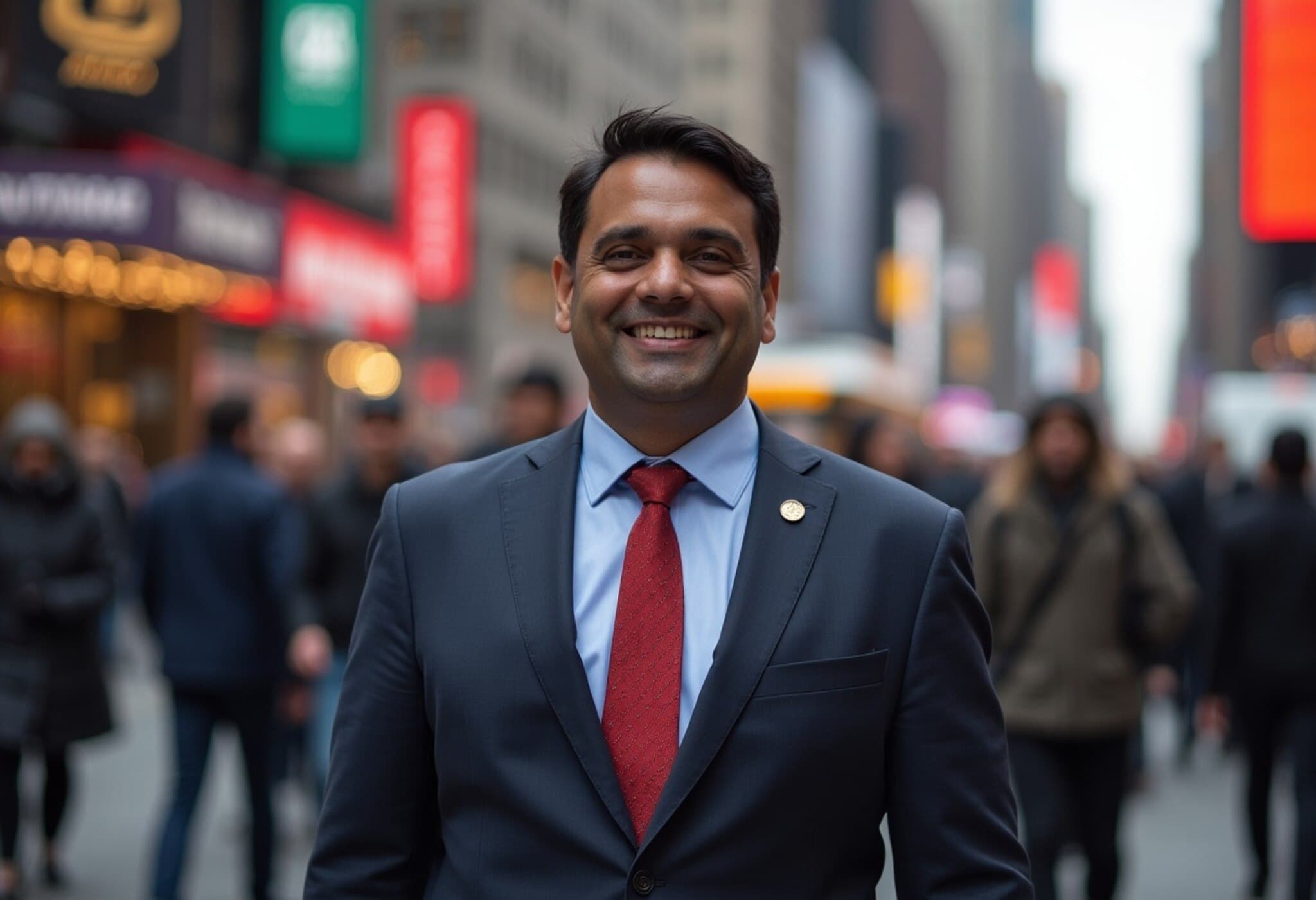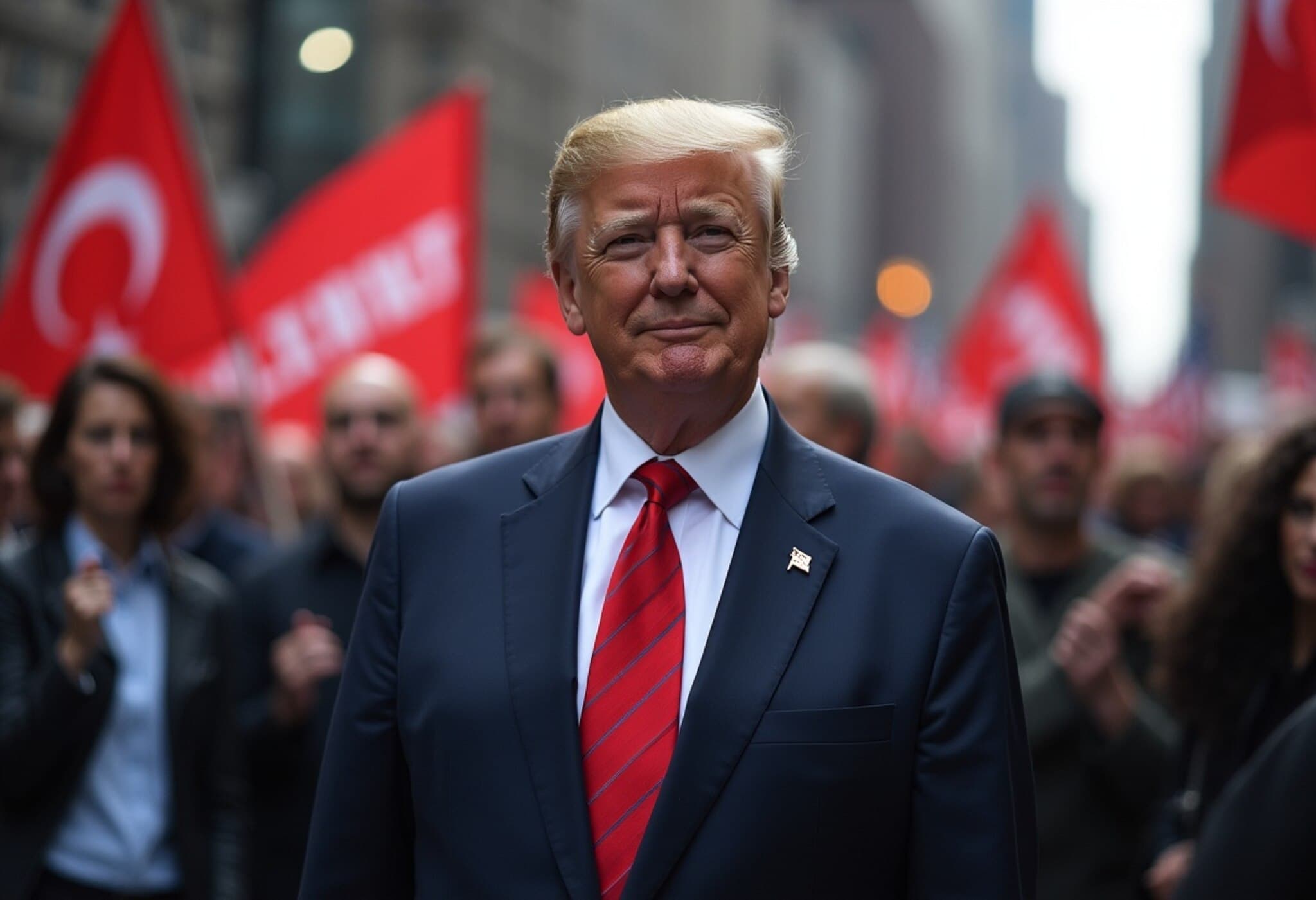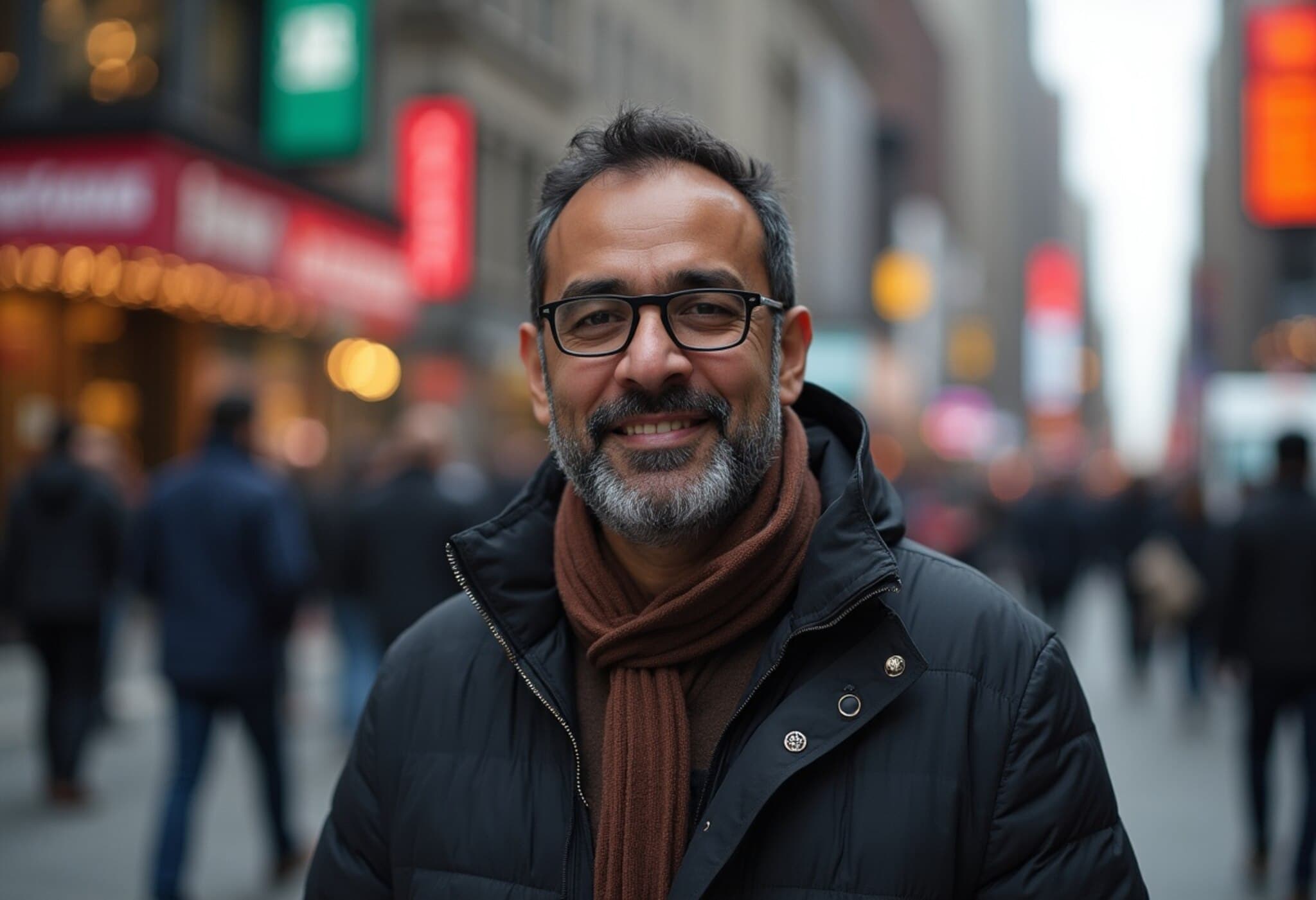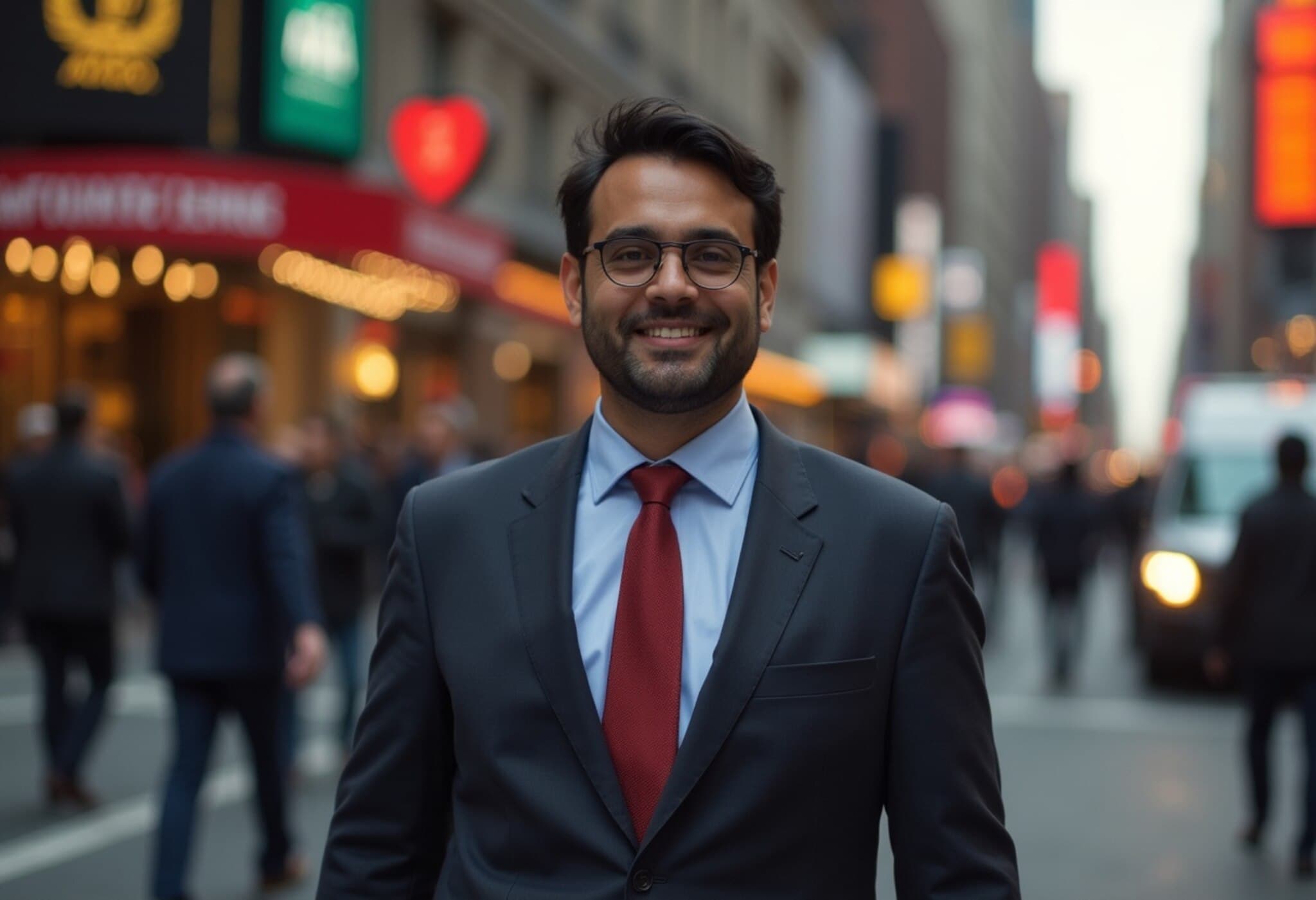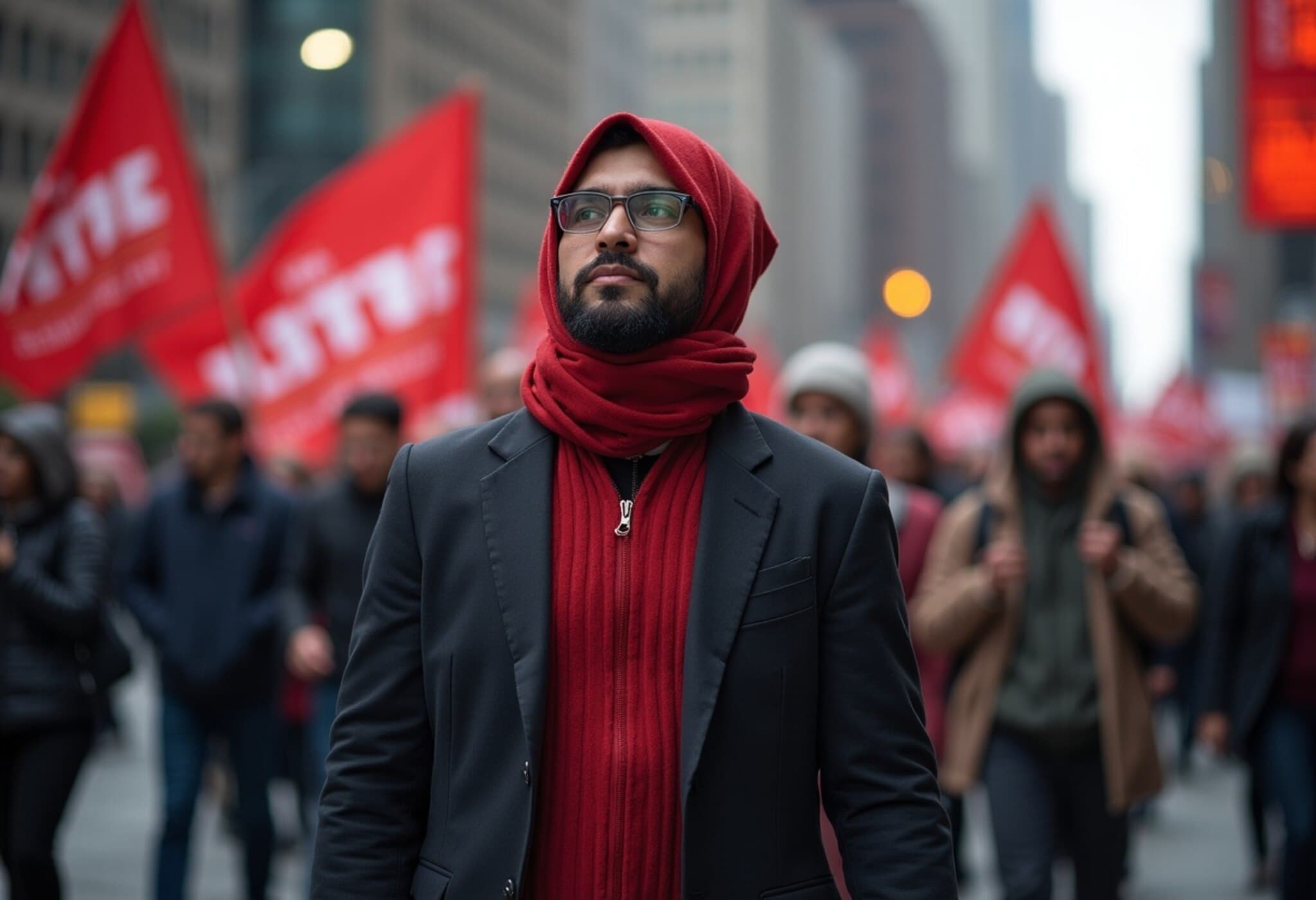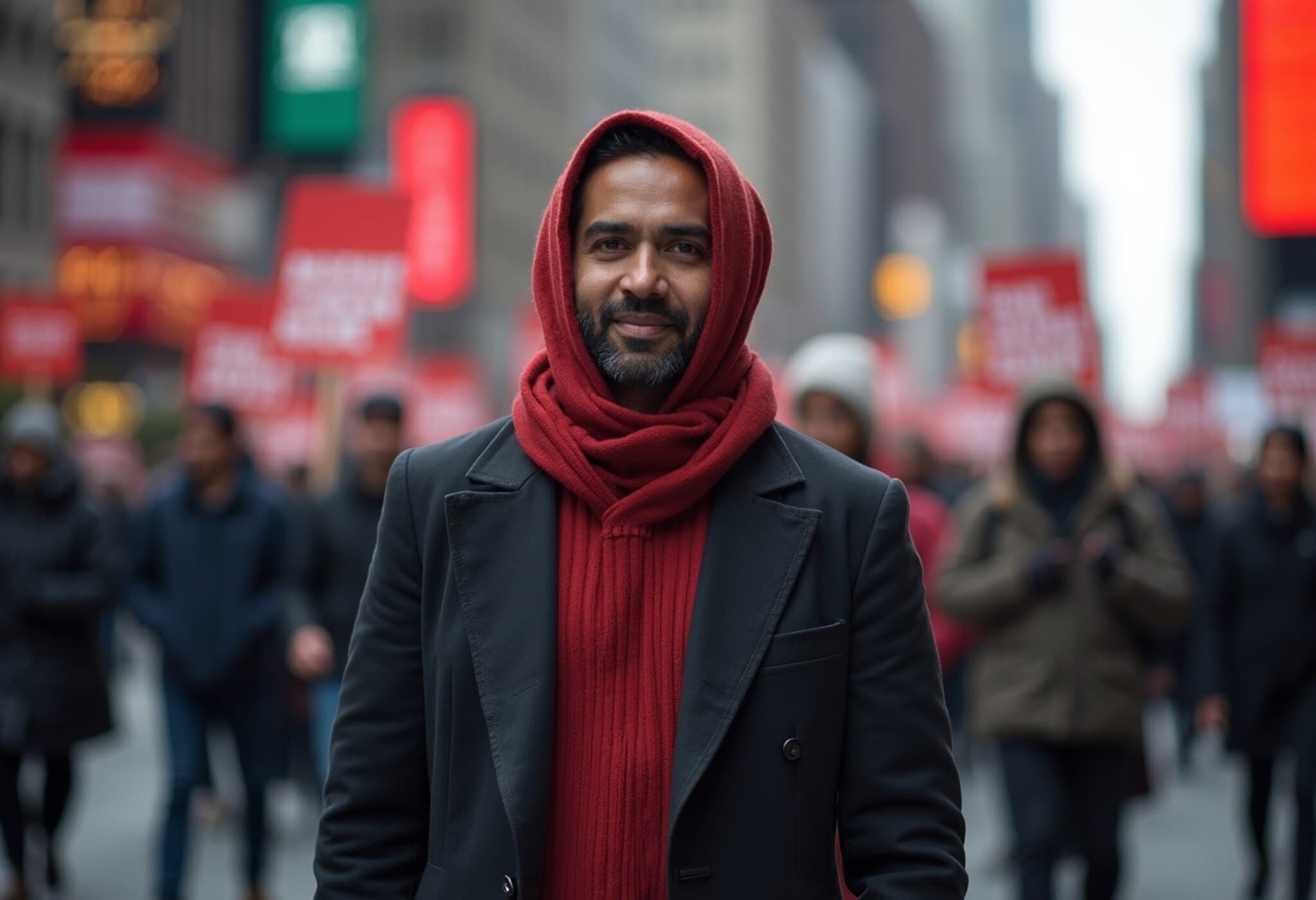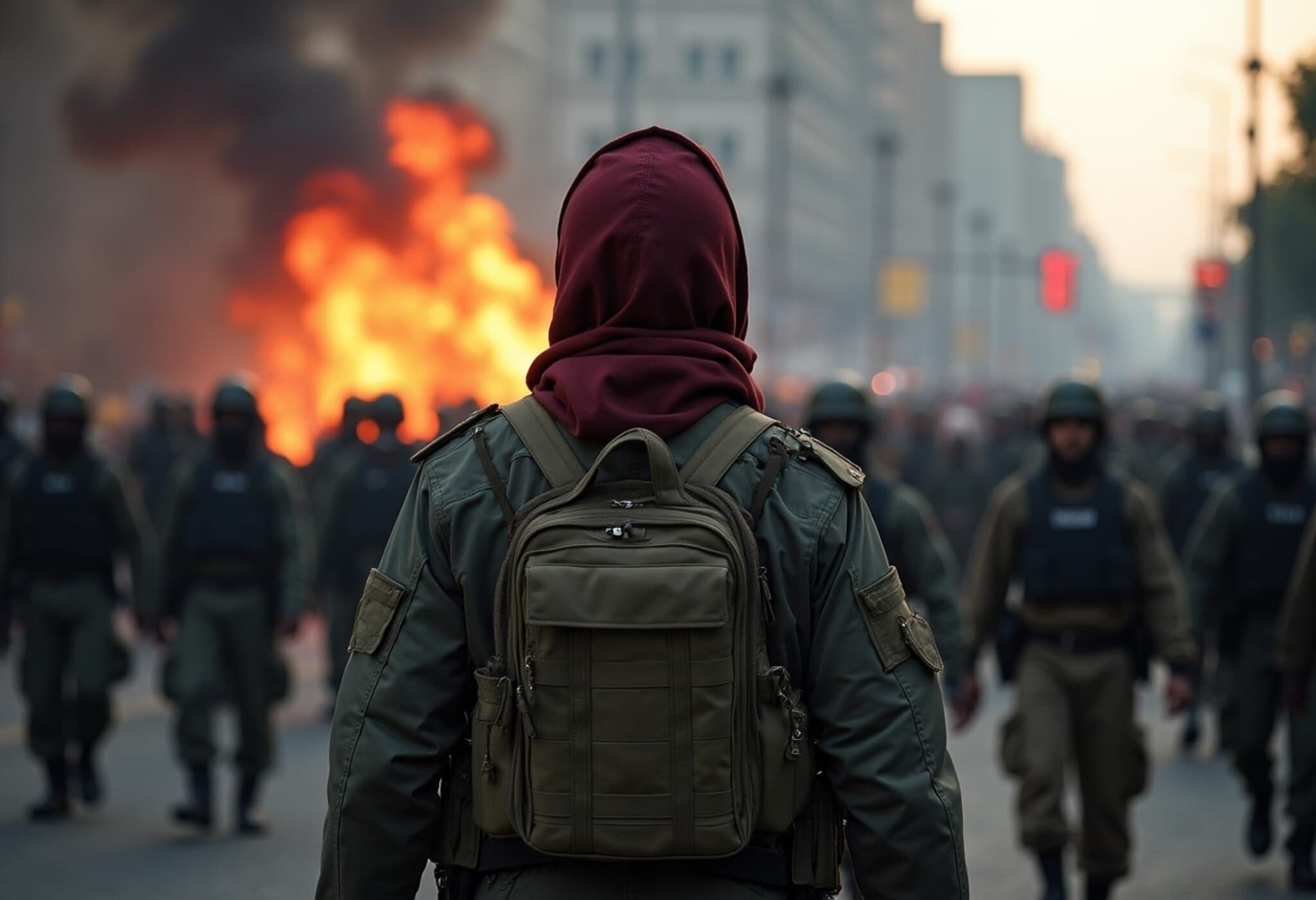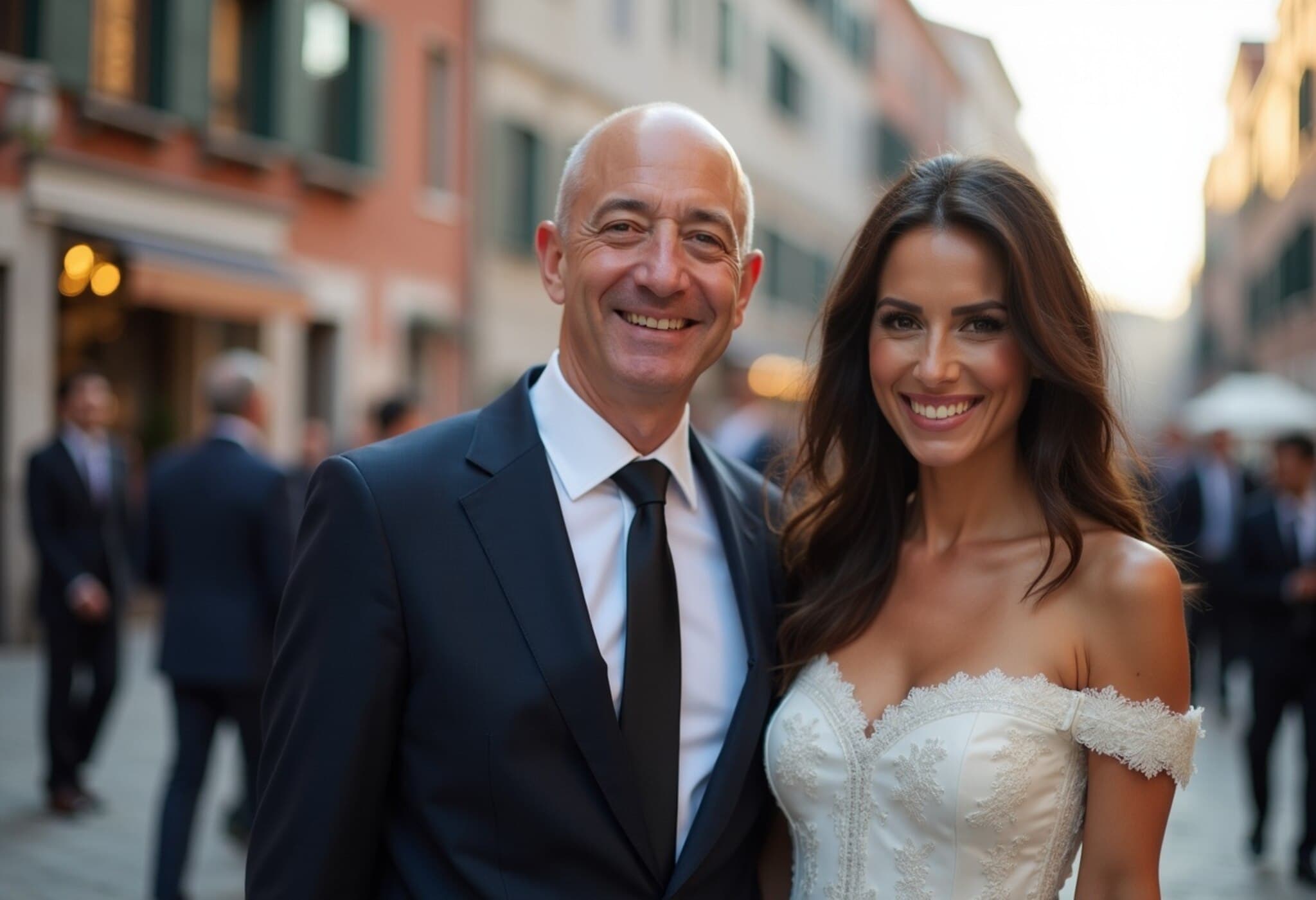Zohran Mamdani's Rise Signals a New Era in New York City Politics
At just 33 years old, Zohran Mamdani, an Indian-American democratic socialist, has emerged as a surprising frontrunner in New York City’s Democratic mayoral primary, prompting former Governor Andrew Cuomo to concede defeat. Should Mamdani clinch the general election in November, he would make history as the city’s youngest mayor in over a century, as well as its first Muslim and Indian-American to hold the post.
More Than a Mayoral Contest: A Reflection of Democratic Party Divides
This primary was more than a race for City Hall — it embodied the ongoing battle within the Democratic Party between its progressive youth wing and the traditional establishment. As Mamdani’s campaign gained traction, it underscored the rising strength of progressive voices that emphasize grassroots activism and economic justice. Yet, his unabashed democratic socialist stance also poses challenges in appealing to broader voters during the general election.
How Mamdani Upended the Race Against a Political Veteran
When Andrew Cuomo, despite a scandal-plagued resignation as governor, re-entered the mayoral race with heavy financial backing amounting to $25 million and deep-rooted connections, he was widely regarded as the frontrunner. However, Mamdani’s dynamic campaign turned heads, focusing laser-sharp on affordability, arguably New York’s most pressing issue.
- His platform: Proposals included freezing rents on over a million regulated apartments, introducing free public bus services, establishing city-owned grocery stores, and funding universal childcare, all financed through targeted taxes on the wealthy and corporations amounting to $10 billion.
- Campaign style: Mamdani leveraged social media platforms like TikTok and Instagram to connect with younger voters, sharing viral content that paired critiques of economic inequality with hopeful messaging.
- Support base: Backed by prominent figures such as Alexandria Ocasio-Cortez and Bernie Sanders, Mamdani mobilized a volunteer army exceeding 50,000, an impressive feat at any level of politics.
According to New York City Board of Elections counts, Mamdani secured nearly 44% of first-choice votes, outpacing Cuomo’s 36.3%. With ranked-choice voting still in progress, his lead is expected to widen further through strategic alliances.
Reactions and Perspectives
- Cuomo conceded gracefully, acknowledging Mamdani's victory as well deserved.
- New York’s Attorney General described the wave of enthusiasm generated by Mamdani’s campaign as reminiscent of the energy last seen during Barack Obama’s presidential bid.
- Progressive leaders celebrated the triumph, hailing it as a win against well-funded opposition.
- Conversely, some business leaders and party insiders voiced concerns over Mamdani’s limited experience and socialist views, seeing those as hurdles for governing a capitalist city with complex ties to international issues.
The Man Behind the Movement
Born in Uganda to Indian parents and relocated to New York at age seven, Mamdani became a US citizen in 2018. His background includes work as a housing counselor and serving in the state Assembly since 2020. Despite a relatively brief political résumé, his personal narrative strikes a chord in a city known for diversity and reinvention.
Grassroots Energy Meets Bold Ideas
- Mamdani's campaign was invigorated by a massive volunteer base and energetic young voters, particularly in Brooklyn and Queens neighborhoods undergoing gentrification.
- He drew a sharp line from Cuomo’s campaign, emphasizing forward-thinking policies instead of relying on nostalgia or past accomplishments.
- Even skeptics recognize that Mamdani’s candidacy represents a compelling call for change, though some question his preparedness to run a complex metropolis.
Balancing Vision with Political Realities
Mamdani's unapologetic socialist identity and vocal support for contentious international issues make him a hero to some progressives but fuel apprehension among centrists and conservatives, both within and outside New York. His close ties to left-wing icons may energize his base but risk alienating moderate voters, especially in swing districts.
Political analysts see Mamdani’s focus on affordability as a pragmatic strength that could allow him to navigate opposition and negative framing from rivals. Still, his challenge remains: to broaden his appeal without compromising core principles.
Looking Ahead: What Does This Mean for NYC and Beyond?
- The upcoming November election looms as one of the most unpredictable in recent memory with significant players like Eric Adams influencing the dynamics despite skipping the primary.
- If elected, Mamdani will inherit a vast bureaucracy and complex fiscal challenges, where ideological purity may soon confront practical governance realities.
- His potential mayoralty marks a pivotal moment, symbolizing not just demographic diversity but a possible shift in urban political ideology.
Ultimately, Mamdani’s journey reflects the evolving face of American politics—a blend of idealism, youthful energy, and bold policy visions challenging the status quo.

